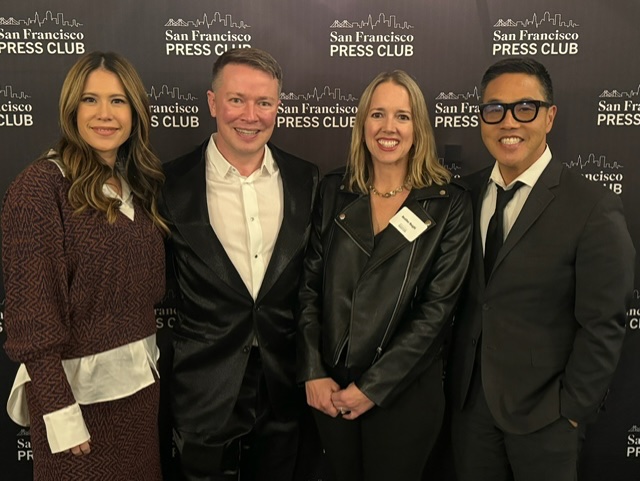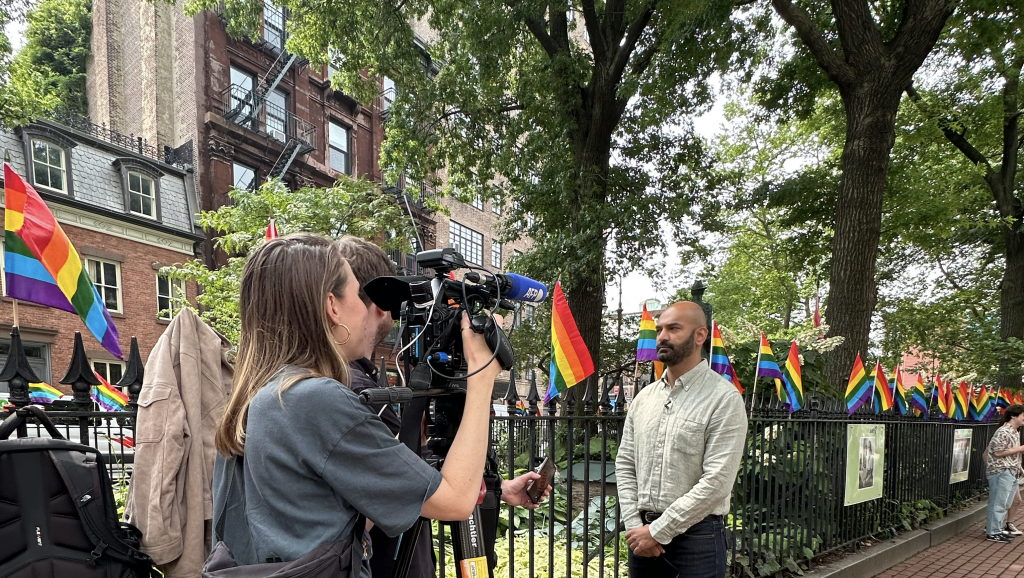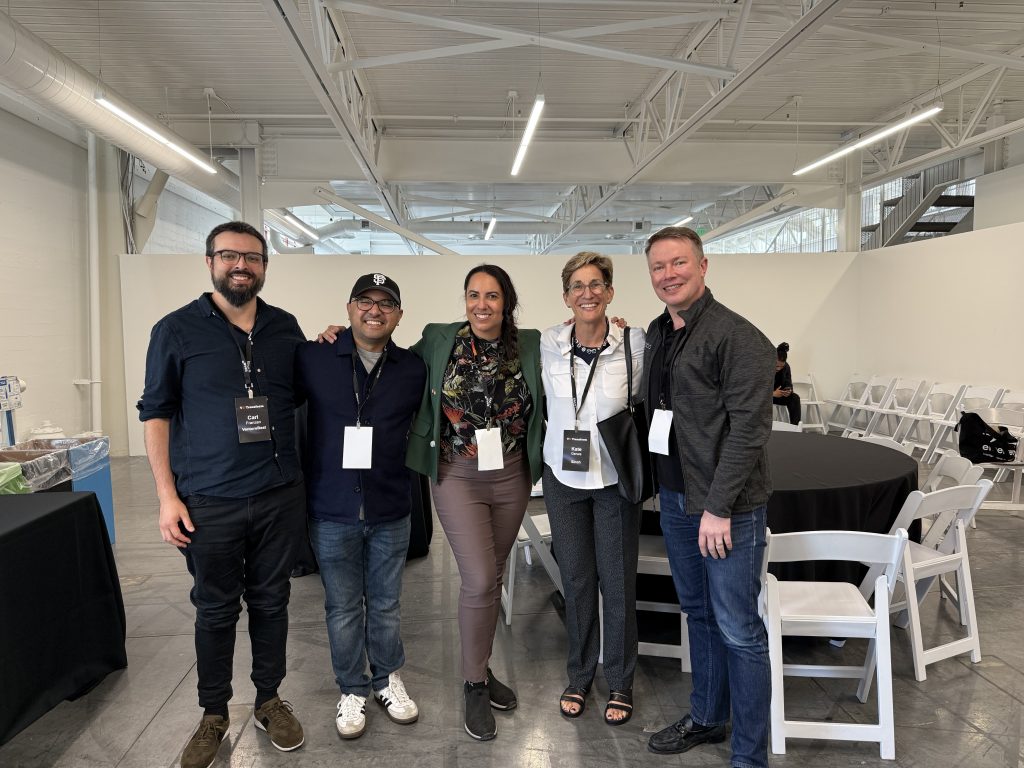
One of Walt Whitman’s many bon mots to live by was: “Do I contradict myself? Very well then – I contradict myself. I am large. I contain multitudes.”
I’ve quoted that many times over my career whenever caught in the act of, well, contradicting myself. But the most wonderful part of it is “I am large. I contain multitudes.” Think of all the wonderful implications that has for being a media spokesperson.
I was reminded of that recently when one of our clients was presented with a great interview opportunity. At first they were excited, but then they started second-guessing themselves on how deeply they could address the specific topic in which the reporter was interested. And this is a fairly common behavior.
Assuming we’re talking about a positive situation for visionary contributions, there should be few media opportunities that a C-level isn’t happy to take on. After all, you don’t make it to the C-suite unless you are large and contain multitudes.
One of the first things we present in media training is that “a question is not a command performance.” Media generally come to an interview knowing a lot less about your home territory than you do. They are fast-on-their-feet pursuers of a million stories in the naked city of technology, and their excellence is in being able to take a thread of an idea and get people like you to build it out for them.
What the media presents to you upfront usually are “fishing” questions — opening salvos to learn, as they go through an interview, what the real issues are that they should be addressing. Media are the fisherpersons, and you are the BIG FISH. If you share generously of your big- picture knowledge, wisdom and beliefs, both sides will leave the interview on a happy and productive note that might even lead to a great ongoing relationship.
Here are a few things to think about as you spread your multitudes of knowledge across broader arenas.
Colorful Usually Trumps Quantitative
Media are usually looking for anecdotal comments and commentary — not quantitative knowledge — and that is all anyone else is likely bringing to the table.
Their finished stories often stray far afield from what they said they were writing about because they “follow the content” they get from people like you. Just like with a good sports broadcast, the more detail and color you can bring to the party, the more you help the reporter write a great piece.
Each interview is literally an opportunity to help “write the story your way” if you let the real “you” drive the conversation.
And while it’s not about quantitative, a few solid proof points are always a great addition to your discussion. Your PR partner should be able to remind you of data you’ve created in-house or Google you up some third-party points.
You’ll Almost Always Be Glad You Did
If you can get good reporters on a call with you, you almost certainly can share some information that will engage them and that they will find useful for their reporting.
Not only will this likely result in a media placement, but it can also be the beginning of an important relationship — especially if you are a good and dynamic storyteller.
It is difficult to get interviews in today’s busy media world. You really shouldn’t pass on any of them if you can avoid it. Something good will almost always come of them — from a good mention in the reporter’s article to a foot in the door with a desirable publication.
You Contain Multitudes
The bottom line is that you almost certainly have more to offer a reporter than you may initially think. So, if you’re tempted to turn down an interview, first think a little more broadly about all the great wisdom you have to share.
And, as another American great, Woody Allen, said, “80 percent of success is showing up.”




